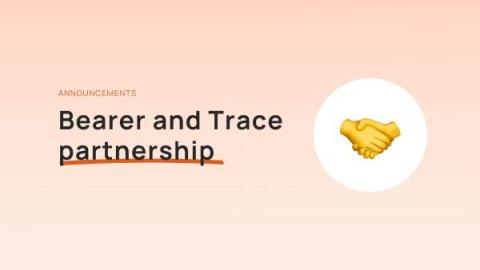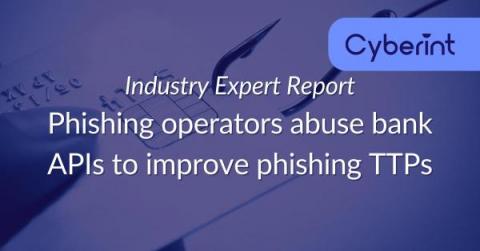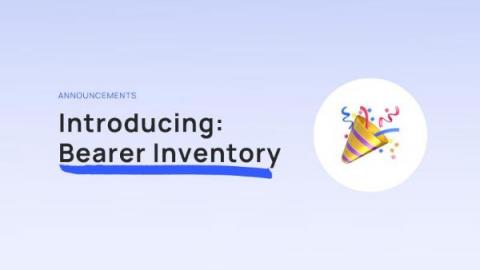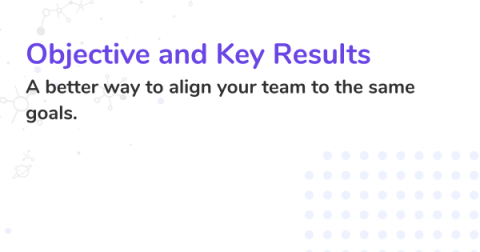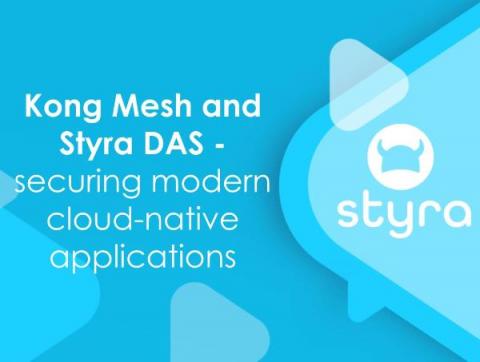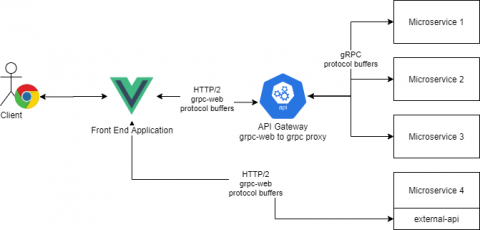Bearer and Trace announce industry partnership
Bearer has partnered with Trace to help companies leverage the best of services and software and build a connected compliance program. Bearer is innovating data risk assessments to build intelligence and stack visibility at scale, while the Trace team brings decades of client-led professional services experience in privacy and data security. Together, the two companies bring the best blend of human and tech capabilities to shape the future of compliance.


